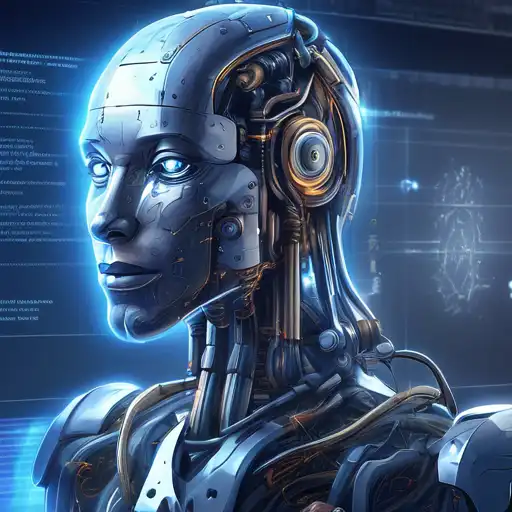Introduction to AI Myths
Artificial Intelligence (AI) is a rapidly evolving field that has captured the imagination of many. However, with its growth, numerous myths and misconceptions have emerged, especially among beginners. This article aims to debunk some of the most common AI myths, providing a clearer understanding of what AI truly is and what it can do.
Myth 1: AI Can Think and Feel Like Humans
One of the most pervasive myths is that AI possesses consciousness or emotions similar to humans. In reality, AI operates based on algorithms and data. It can simulate certain aspects of human thought processes but does not experience feelings or self-awareness.
Myth 2: AI Will Replace All Human Jobs
While AI is transforming the job market, the idea that it will replace all human jobs is an exaggeration. AI is more likely to automate repetitive tasks, allowing humans to focus on creative and strategic roles. The future of work is about collaboration between humans and AI, not replacement.
Myth 3: AI Is Infallible
Another common misconception is that AI is always accurate and unbiased. However, AI systems are only as good as the data they are trained on. Poor quality or biased data can lead to flawed outcomes, highlighting the importance of human oversight in AI development.
Myth 4: AI Development Is Only for Tech Giants
Many believe that AI development is the exclusive domain of large tech companies. In truth, the democratization of AI tools and resources has made it accessible to startups and individual developers. Open-source platforms and online courses have lowered the barriers to entry for AI innovation.
Conclusion
Understanding the realities behind these AI myths is crucial for anyone looking to explore the field. AI is a powerful tool with the potential to revolutionize industries, but it is not without its limitations. By debunking these myths, beginners can approach AI with a more informed and realistic perspective.
For those interested in learning more about AI, consider exploring our tech education section for additional resources and guides.
